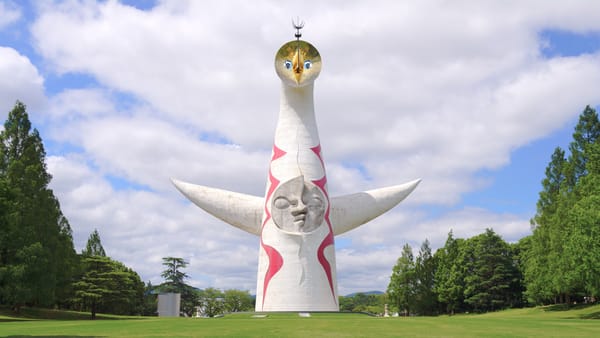The evolution of non-profit work in Japan (10 years on)
My interview with Makoto Yamada, the founder and representative of SEIBO Japan, a Japanese non-profit, brought back memories of my time working at an international NGO in Tokyo.

This week in Small Business Japan (2 Feb, 2025)
In particular, when he said:
Because of the term non-profit, many people find it unacceptable that I work for an NPO and receive a salary. Furthermore, many Japanese people struggle to understand that we generate income through profitable businesses like coffee roasting.

About ten years ago, I received a phone call from a donor while I was working at a non-profit. The lady on the phone said, 'Is it true that the money I donated is being used not only to help children in developing countries but also to pay your salary? I found that unacceptable. I'm going to stop donating!'
It was a sudden call, and I wasn't able to respond effectively. In retrospect, I should have said, 'That's right. We need staff to manage these vital donations and ensure they reach developing countries despite our modest salaries.'
The terms and conditions stated that donations would be used for all activities supporting the organisation, but the wording could have been clearer. The organisation may have been aware of the potential for misunderstanding within Japanese society.
While SEIBO sells Malawian coffee as a non-profit, revenue-generating business, Makoto explained that this model has been difficult to communicate, partly due to coordination challenges with government offices.
Unlike some countries where charitable giving is commonplace in places like churches, relying solely on donations isn't a sustainable model in Japan. The Act on Promotion of Specified Non-profit Activities (特定非営利活動促進法 in Japanese), which underpins NPO activities, is a relatively recent piece of legislation, only enacted in 1998. Until then, the Japanese Red Cross Society was the primary association most Japanese people connected with charitable giving, and this perception, I believe, still persists to some extent.
Nevertheless, about ten years ago, children's cafeterias, or Kodomo Shokudo, for example, were rare and even newsworthy, but the movement has since spread nationwide. Now, many people are looking for ways to support those facing hardship, which reflects a gradual shift in societal understanding of non-profits.
I volunteer with non-profit organisations, including assisting with grant applications. While my availability is limited due to my work commitments, I try to help where I can. Get in touch if you're interested in collaborating.





